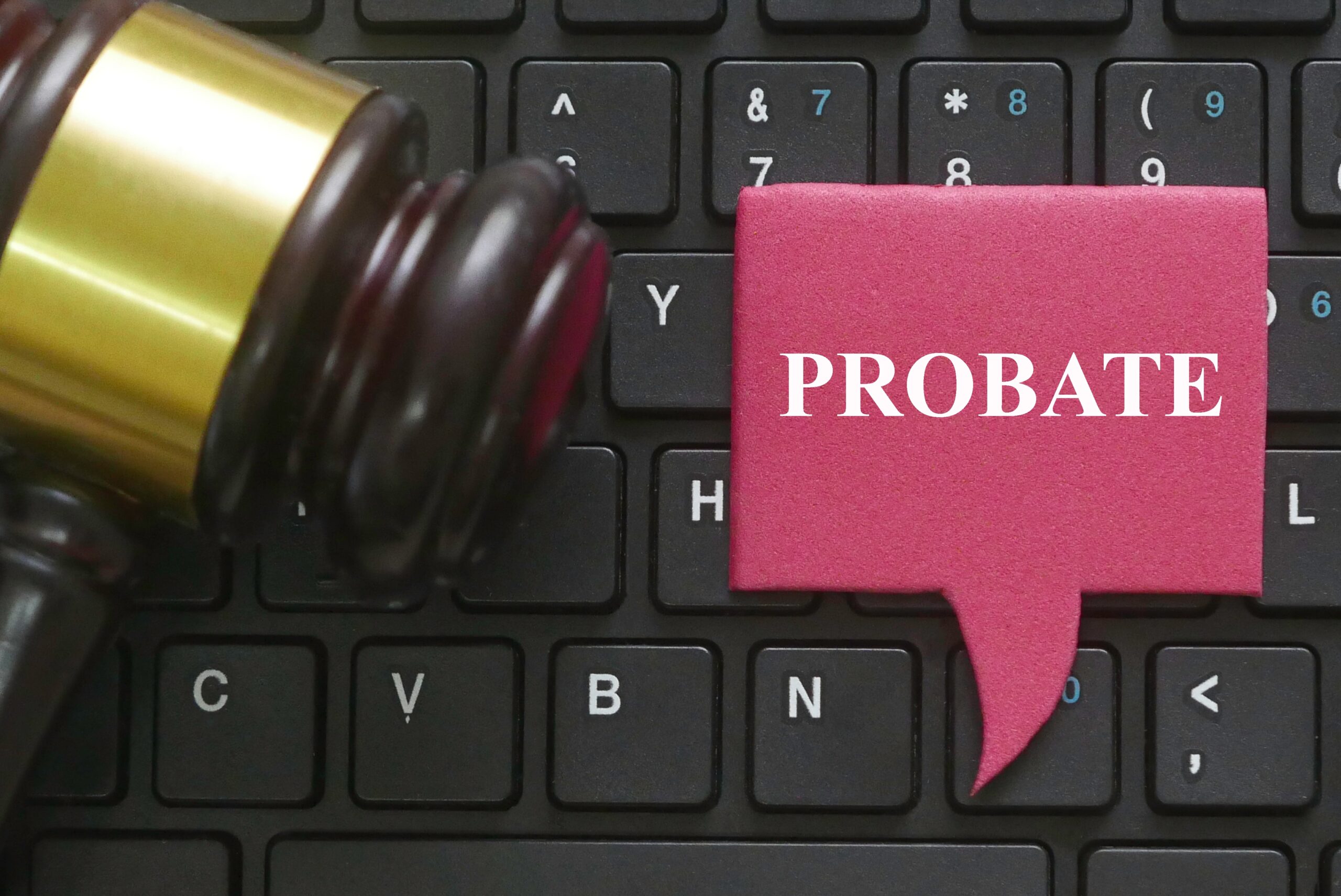August 25, 2022
Presented by Morgan E. Cole, Ingham County Probate Court Administrator.
1. It is very important to understand how a property is titled. That determines who has the authority to sell/convey the property.
2. If a property is titled in the decedents name ALONE, it is a probate asset.
3. In Michigan, you can jointly own property in four ways:
◦ Tenants in Common ◦ Joint tenants (just like tenants in common but with only two titled owners – with no rights of survivorship) ◦ Joint tenants with full rights of survivorship ◦ Tenants by the entireties
**All four forms of joint property leave the surviving owner with different rights. When dealing with complex joint property situations, you may want to talk with a lawyer**
4. With divorced clients, it is always a good practice to require a certified copy of the Judgment of Divorce. If the couple gets divorced, the tenancy by the entirety becomes a tenancy in common, unless their judgment of divorce states otherwise.
5. Trusts generally have assets titled in the Trust’s name alone – thus making it a non-probate asset.
6. Michigan is one of several states that recognizes and accepts holographic (handwritten) wills and is not witnessed. Once example of a holographic will is a suicide note.
7. There are informal estates and formal estates. Informal estates are conducted almost exclusively with the probate registrar. No court hearing necessary. Formal proceedings requires orders issued directly from the Probate Judge.
8. With Estates, it is best practice to have a certified letters of authority for personal representatives (PR) on file.
9. A conservator shall not sell or otherwise dispose of the protected individual’s principal dwelling, real property, or interest in real property or mortgage, pledge, or cause a lien to be placed on any such property without approval of the court.
(MCL 700.5423(3))
10. Being under the influence or any substance, dementia or epilepsy are NOT grounds for filing a petition for involuntary mental health treatment.

